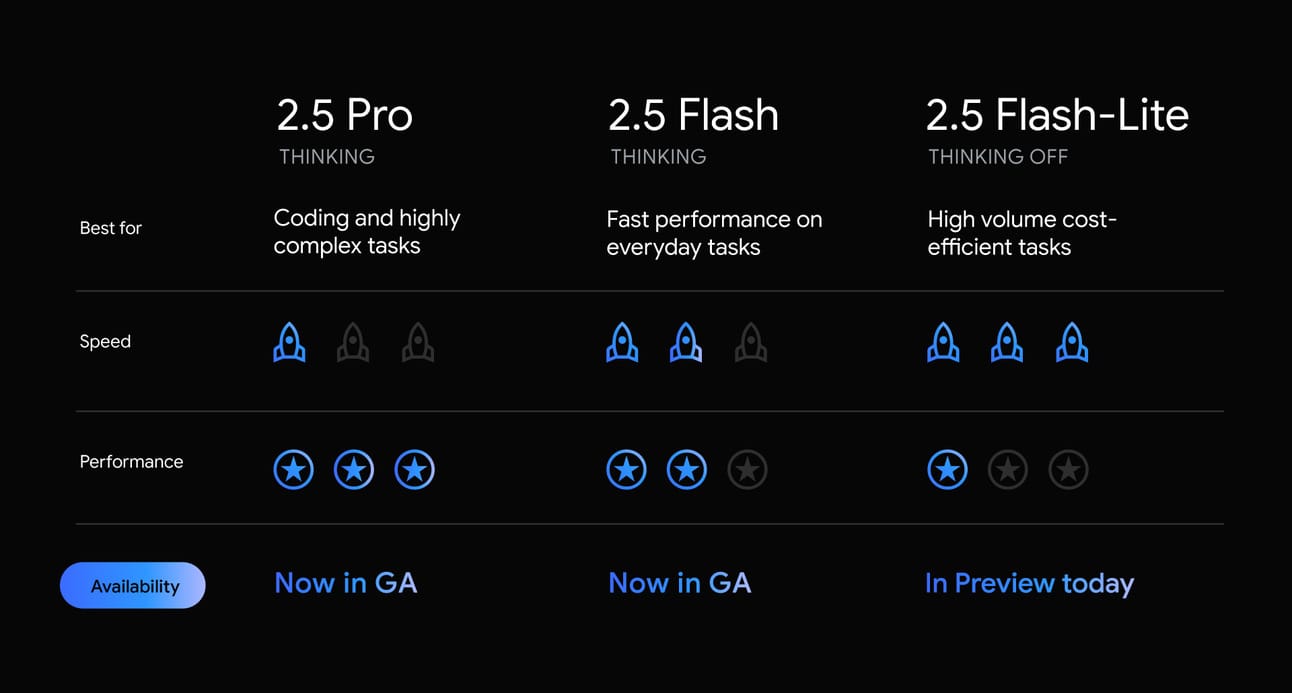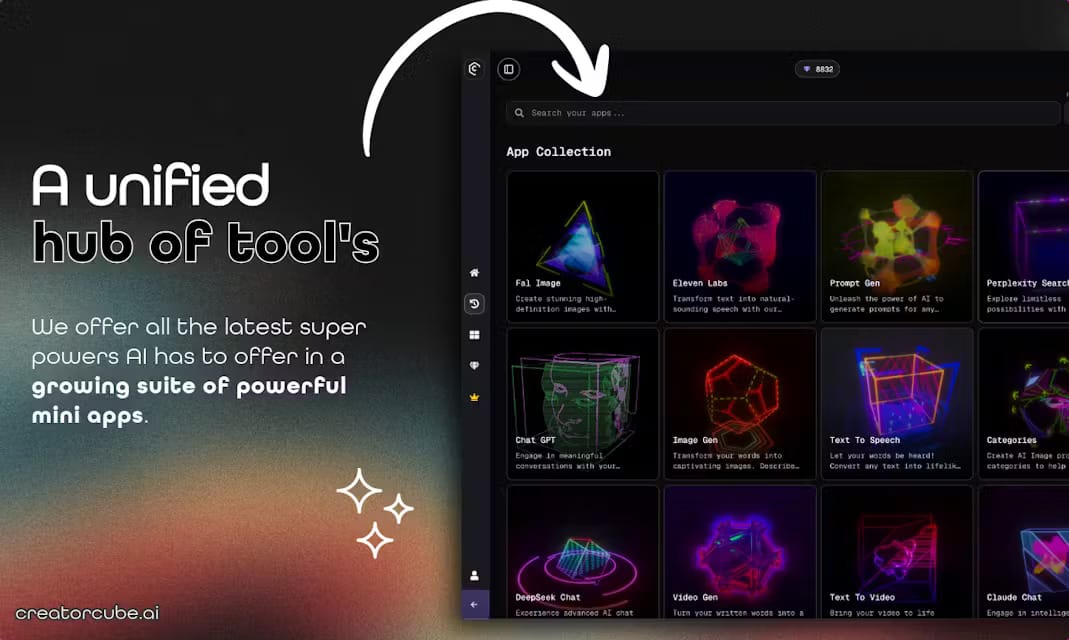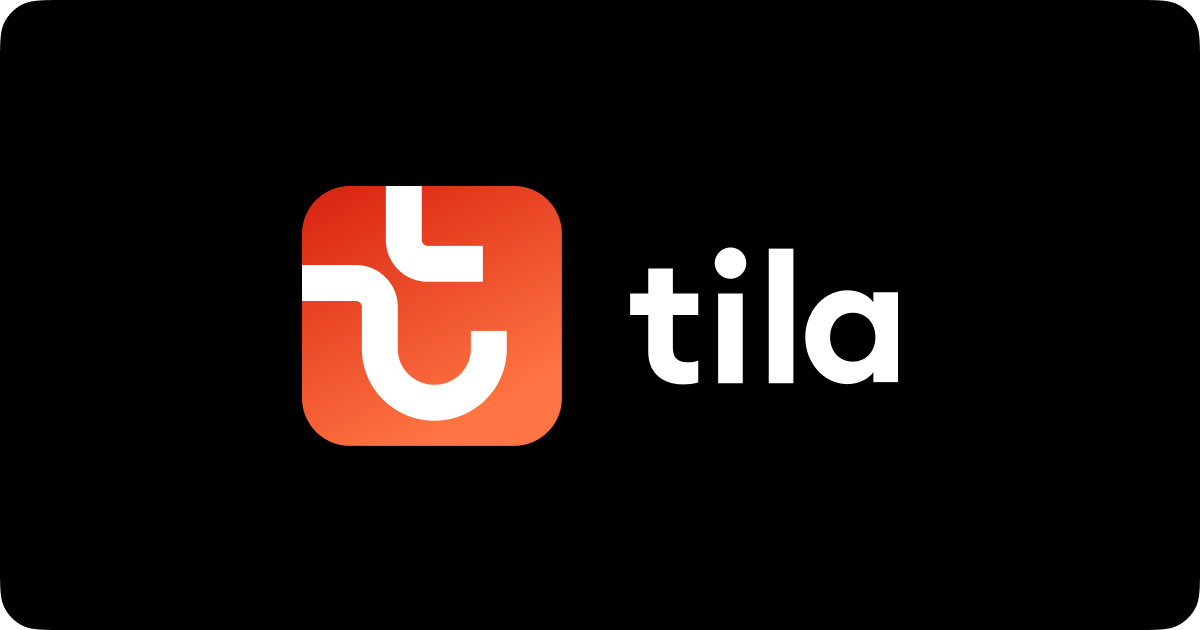Good morning. It’s Wednesday, June 18th.
On this day in tech history: In 2007, Google launched Street View for U.S. cities, stitching 360-degree street imagery with advanced computer vision and image processing. Geotagged photos from camera rigs were aligned using algorithms for feature detection, paving the way for future AI-enhanced navigation in Google Maps.
In today’s email:
OpenAI lands Pentagon deal, deflects Meta talent raids
Meta’s All-Seeing Ecosystem
Gemini 2.5 Models Go Live
5 New AI Tools
Latest AI Research Papers
You read. We listen. Let us know what you think by replying to this email.
In partnership with Bhindi
What if you could control Gmail, Slack, X, GitHub, and 70 other apps just by talking to them?
Bhindi AI makes it happen. Plain English commands, instant results across all your tools.
You can build workflows across 75 apps that are in our arsenal - everything from Slack and Notion to GitHub and G-Suite.
Here are a few tasks you can do with Bhindi:
Automate daily workflows across tools like Calendar, Trello, Notion, and Sheets
Build marketing and operations automations without writing a single line of code
Automate recurring workflows using Bhindi Scheduler
Deploy and merge pull requests on GitHub
Run an end-to-end email marketing campaign with SubStack
Bhindi looks after all the mundane tasks for you, so that you can focus on the big picture.
Start free at bhindi.io
Thank you for supporting our sponsors!

Today’s trending AI news stories
OpenAI lands Pentagon deal, cuts GPT-4.5 API, and deflects Meta talent raids
OpenAI is pushing deeper into high-stakes government and developer markets while fending off pressure from rivals and partners alike. The company just signed a $200 million U.S. Department of Defense one-year contract to prototype AI systems for military use, including cyber defense, data ops, and healthcare. This kicks off “OpenAI for Government,” offering secured versions of its models like ChatGPT Gov, with strict rules banning surveillance, biometrics, or weaponized use.
While the deal deepens federal integration, OpenAI’s internal politics are heating up. Microsoft, which has invested billions and provides cloud infrastructure through Azure, is pushing back on OpenAI’s attempts to restructure its corporate model and withhold IP from its newly acquired coding startup Windsurf. Microsoft argues that its 2023 agreement grants it access to that IP, particularly given Windsurf’s overlap with GitHub.
On the developer front, OpenAI released a public GitHub demo of an AI-powered front-end testing tool that interprets natural language to generate and run browser-based tests, an early application of its “Computer-Using Agent” architecture. However, this progress is tempered by backlash over the planned API deprecation of GPT-4.5 Preview, a model developers had come to rely on for its tonal precision and stability. Despite OpenAI signaling this sunset months earlier, the short timeline and lack of direct alternatives have sparked frustration.

Adding to the competitive pressure, OpenAI CEO Sam Altman recently revealed Meta is attempting to lure away OpenAI staff with $100,000,000 signing bonuses. So far, Altman claims none have left, asserting OpenAI’s edge in AGI development and long-term valuation. Read more.
Meta Is Building an Ecosystem That Thinks and Sees for You
Meta just named the first group of companies in its Llama Startup Program, early-stage teams building real products with Meta’s Llama language models. Selected from over 1,000 applicants, these startups are tackling everything from automating healthcare admin to turning educational text into dynamic lessons and creating AI legal assistants. Meta is giving them hands-on technical support and cloud credits to cut infrastructure costs and accelerate build time. It’s a calculated push to expand Llama’s reach and keep developers inside Meta’s ecosystem.
At the same time, Meta is expanding its smart glasses lineup with new Oakley and Prada models through an extended deal with EssilorLuxottica. The Oakley release is set for June 20, following the strong performance of Meta’s Ray-Ban collaboration, which has sold over 2 million units. A third-generation Ray-Ban model, expected this holiday season, will reportedly include a micro display. Read more.
Gemini 2.5 Models Go Live, Balancing Cost, Speed, and Deep Reasoning

Image: Google
Google has launched its Gemini 2.5 model family into full production, aiming squarely at enterprise adoption with a practical mix of performance, scale, and cost control. The lineup includes Gemini 2.5 Pro for complex reasoning and multimodal tasks, Flash for high-throughput applications, and the new Flash-Lite, a lean, efficient model built for fast, low-cost processing. All models support tool integrations, handle up to a million tokens in context, and offer controllable “thinking time,” allowing developers to fine-tune performance based on task complexity and budget.
Flash-Lite, now in preview, is Google’s most efficient offering yet. It outperforms previous Lite models across key benchmarks in math, science, programming, and visual understanding, while keeping latency and costs low. Its flat-rate pricing, $0.10 per million input tokens, $0.40 for output, simplifies budgeting, especially for large-scale tasks like classification and translation. With early adoption by firms in AR, healthcare, and software testing, Google is positioning Gemini as a stable, production-ready alternative for enterprise AI workloads. Read more.


5 new AI-powered tools from around the web

arXiv is a free online library where researchers share pre-publication papers.


Thank you for reading today’s edition.

Your feedback is valuable. Respond to this email and tell us how you think we could add more value to this newsletter.
Interested in reaching smart readers like you? To become an AI Breakfast sponsor, reply to this email or DM us on 𝕏!








